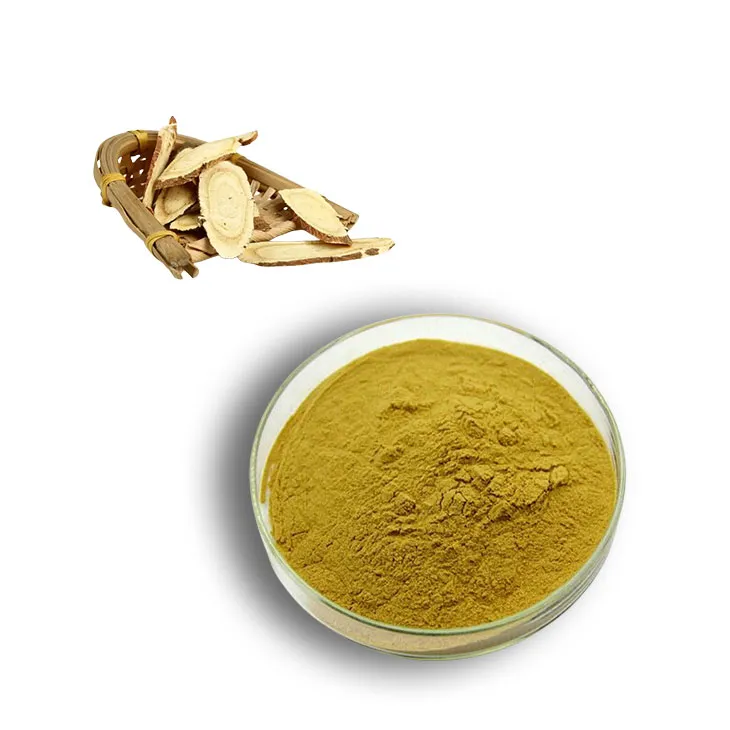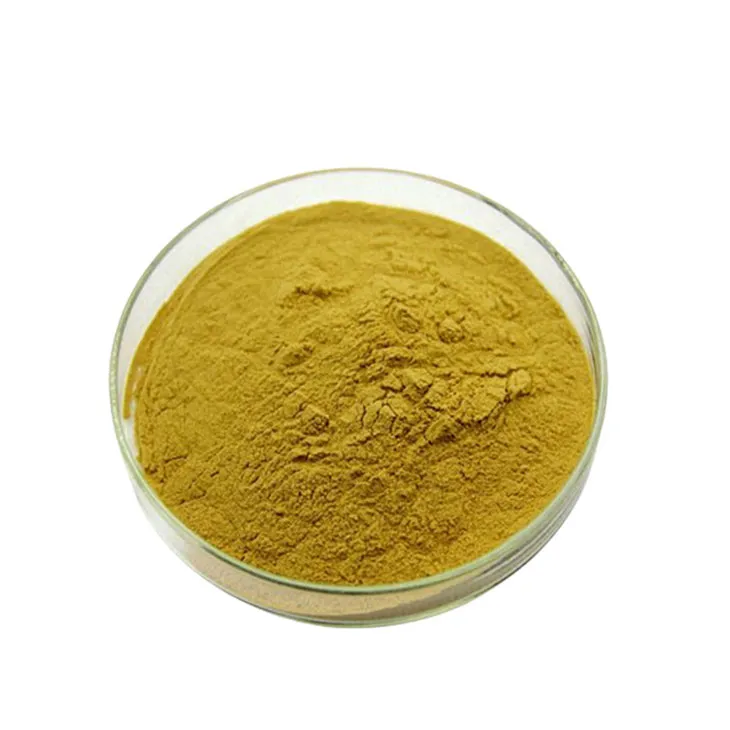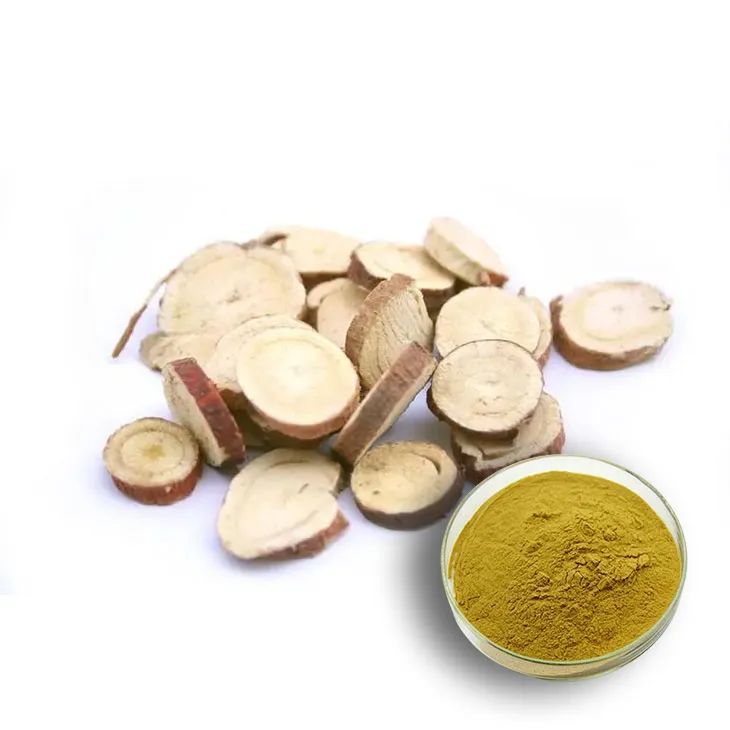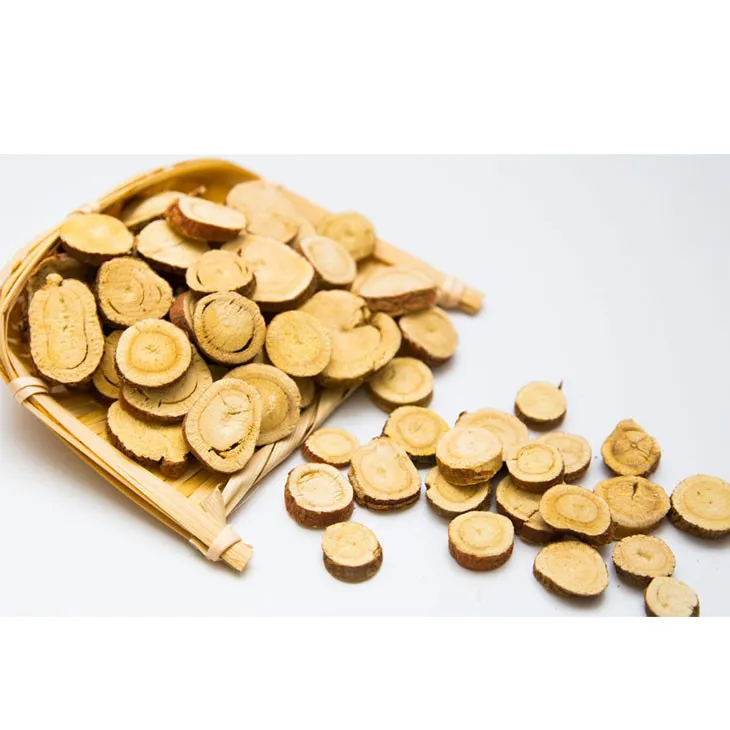- 0086-571-85302990
- sales@greenskybio.com
Does licorice root extract powder have benefits for diabetes? Are these all safe and suitable for diabetic patients?
2024-11-12

1. Introduction
Diabetes mellitus is a chronic metabolic disorder that affects a large number of people worldwide. Management of diabetes often involves a combination of lifestyle modifications, medications, and in some cases, complementary and alternative therapies. Licorice Root Extract Powder has been used in traditional medicine for various purposes, and there is growing interest in its potential role in diabetes management. This article aims to explore whether Licorice Root Extract Powder offers benefits for diabetes and to assess its safety and suitability for diabetic patients.

2. Biochemical Mechanisms of Licorice Root Extract in Diabetes
2.1. Anti - inflammatory Properties
Chronic inflammation is closely associated with the development and progression of diabetes. Licorice root extract contains compounds such as glycyrrhizin, which has been shown to possess anti - inflammatory effects. It can modulate the activity of inflammatory cytokines and reduce oxidative stress in the body. By suppressing inflammation, it may potentially improve insulin sensitivity and glucose metabolism. For example, in vitro studies have demonstrated that glycyrrhizin can inhibit the production of pro - inflammatory mediators in cells exposed to high - glucose conditions.
2.2. Effects on Insulin Signaling
Some components in licorice root extract may influence insulin signaling pathways. Insulin binds to its receptor on the cell surface, triggering a cascade of intracellular events that ultimately lead to glucose uptake. Licorice root extract has been hypothesized to enhance this signaling process. Animal studies have suggested that certain constituents of licorice can increase the phosphorylation of insulin receptor substrate - 1 (IRS - 1), a key molecule in insulin signaling. This phosphorylation is crucial for the proper functioning of insulin - mediated glucose transport into cells. However, more research is needed to fully understand the mechanisms at the molecular level and to confirm these effects in humans.

3. Clinical Evidence
3.1. Blood Glucose Regulation
A few clinical trials have investigated the effect of licorice root extract on blood glucose levels in diabetic patients. Some studies have reported a modest reduction in fasting blood glucose levels after supplementation with licorice root extract. However, the results have been inconsistent. In one small - scale study, diabetic patients who received a specific dose of licorice root extract for a certain period showed a significant decrease in their HbA1c levels, which is an important indicator of long - term blood glucose control. On the other hand, other trials did not find any significant changes in blood glucose parameters. These differences may be due to variations in the study design, such as the type of licorice extract used, the dosage, the duration of treatment, and the characteristics of the patient population.
3.2. Lipid Profile Modification
Abnormal lipid metabolism is a common complication in diabetes. There is some evidence suggesting that licorice root extract may have a positive impact on lipid profiles. In particular, it may help to reduce triglyceride levels and increase high - density lipoprotein (HDL) cholesterol levels. A study on diabetic rats showed that treatment with licorice root extract led to a significant improvement in the lipid profile, with decreased levels of triglycerides and increased HDL - C. Although these results are promising, further clinical studies in humans are required to validate these findings and to determine the optimal dosage and treatment duration for lipid - modulating effects in diabetic patients.

4. Safety Considerations
4.1. Side Effects of Licorice Root Extract
While licorice root extract may have potential benefits for diabetes, it is not without risks. One of the main concerns is its effect on blood pressure. Licorice contains glycyrrhizin, which can cause sodium and water retention, leading to an increase in blood pressure. In individuals with diabetes, who are already at an increased risk of cardiovascular diseases, this elevation in blood pressure can be particularly dangerous. Additionally, excessive consumption of licorice root extract may cause hypokalemia (low potassium levels), which can affect heart function and muscle strength. Symptoms of hypokalemia may include weakness, fatigue, and irregular heartbeats.
4.2. Drug Interactions
Diabetic patients often take multiple medications to manage their condition. Licorice root extract may interact with some of these drugs. For example, it may interfere with the action of anti - diabetic medications such as metformin or sulfonylureas. There is also a potential for interaction with medications used to treat hypertension or heart conditions. It is crucial for diabetic patients considering the use of Licorice Root Extract Powder to consult their healthcare provider to avoid any adverse drug interactions.

5. Suitability for Diabetic Patients
Given the potential benefits and risks associated with licorice root extract powder, its suitability for diabetic patients is a complex issue. Diabetic patients with well - controlled blood pressure and normal potassium levels may be more likely to tolerate licorice root extract in small amounts. However, those with hypertension, heart problems, or kidney disorders should exercise extreme caution. Pregnant and breastfeeding women with diabetes should also avoid licorice root extract, as it may pose risks to the fetus or the baby. In general, more research is needed to establish clear guidelines on the appropriate use of licorice root extract powder in diabetic patients.
6. Conclusion
In conclusion, licorice root extract powder shows some potential in diabetes management based on its biochemical mechanisms and limited clinical evidence. It may have beneficial effects on blood glucose regulation, inflammation, and lipid metabolism. However, significant safety concerns exist, particularly regarding its impact on blood pressure and potential for drug interactions. Until more comprehensive research is conducted, diabetic patients should approach the use of licorice root extract powder with caution and under the guidance of a healthcare professional. Future studies should focus on elucidating the precise molecular mechanisms, conducting larger and more rigorous clinical trials, and evaluating long - term safety and efficacy in diabetic populations.
FAQ:
Q1: What is licorice root extract powder?
Licorice root extract powder is a substance derived from the licorice root. It contains various active compounds such as glycyrrhizin, flavonoids, and other phytochemicals. These components may have different biological activities which are of interest in the context of diabetes management.
Q2: How might licorice root extract powder benefit diabetes?
Some potential benefits could be related to its anti - inflammatory and antioxidant properties. Inflammation and oxidative stress are often associated with diabetes. Licorice root extract may help in reducing these factors. Also, some studies suggest that certain compounds in it might have an impact on blood glucose regulation, perhaps by influencing insulin sensitivity or glucose metabolism in the body, although the exact mechanisms are still not fully understood.
Q3: Are there any risks associated with licorice root extract powder for diabetic patients?
Yes, there are risks. Licorice root contains glycyrrhizin which can cause side effects such as increased blood pressure, fluid retention, and potassium loss. For diabetic patients, especially those with hypertension or kidney problems, these side effects can be particularly concerning. High blood pressure can further complicate diabetes management, and potassium imbalance can affect heart and muscle function.
Q4: Is there clinical evidence supporting the use of licorice root extract powder in diabetes?
The clinical evidence is currently limited and inconclusive. Some small - scale studies have shown potential positive effects on blood glucose levels, but larger and more comprehensive studies are needed. Due to the potential risks associated with it, it cannot be recommended as a standard treatment for diabetes based on the current evidence.
Q5: How should diabetic patients use licorice root extract powder if they consider it?
Diabetic patients should not use licorice root extract powder without consulting their healthcare providers. If a healthcare provider decides that it may be considered, strict monitoring of blood pressure, blood glucose, and electrolyte levels would be necessary. Also, the dosage and form of the extract should be carefully determined to minimize the potential risks.
Related literature
- The Effects of Licorice Root Extract on Blood Glucose Regulation: A Review"
- "Potential Benefits and Risks of Licorice Root Extract in Diabetes Mellitus"
- "Glycyrrhiza and Diabetes: An Overview of Current Research"
- ▶ Hesperidin
- ▶ Citrus Bioflavonoids
- ▶ Plant Extract
- ▶ lycopene
- ▶ Diosmin
- ▶ Grape seed extract
- ▶ Sea buckthorn Juice Powder
- ▶ Fruit Juice Powder
- ▶ Hops Extract
- ▶ Artichoke Extract
- ▶ Mushroom extract
- ▶ Astaxanthin
- ▶ Green Tea Extract
- ▶ Curcumin
- ▶ Horse Chestnut Extract
- ▶ Other Product
- ▶ Boswellia Serrata Extract
- ▶ Resveratrol
- ▶ Marigold Extract
- ▶ Grape Leaf Extract
- ▶ New Product
- ▶ Aminolevulinic acid
- ▶ Cranberry Extract
- ▶ Red Yeast Rice
- ▶ Red Wine Extract
-
Agaricus Blazei Extract
2024-11-12
-
Andrographis Paniculata Extract Powder
2024-11-12
-
Stevia Extract
2024-11-12
-
Garcinia Cambogia Extract
2024-11-12
-
Centella Asiatica Extract
2024-11-12
-
Sea buckthorn oil
2024-11-12
-
White Willow Bark Extract
2024-11-12
-
Propolis Extract Powder
2024-11-12
-
Hawthorn Extract
2024-11-12
-
Golden Seal Extract
2024-11-12





















